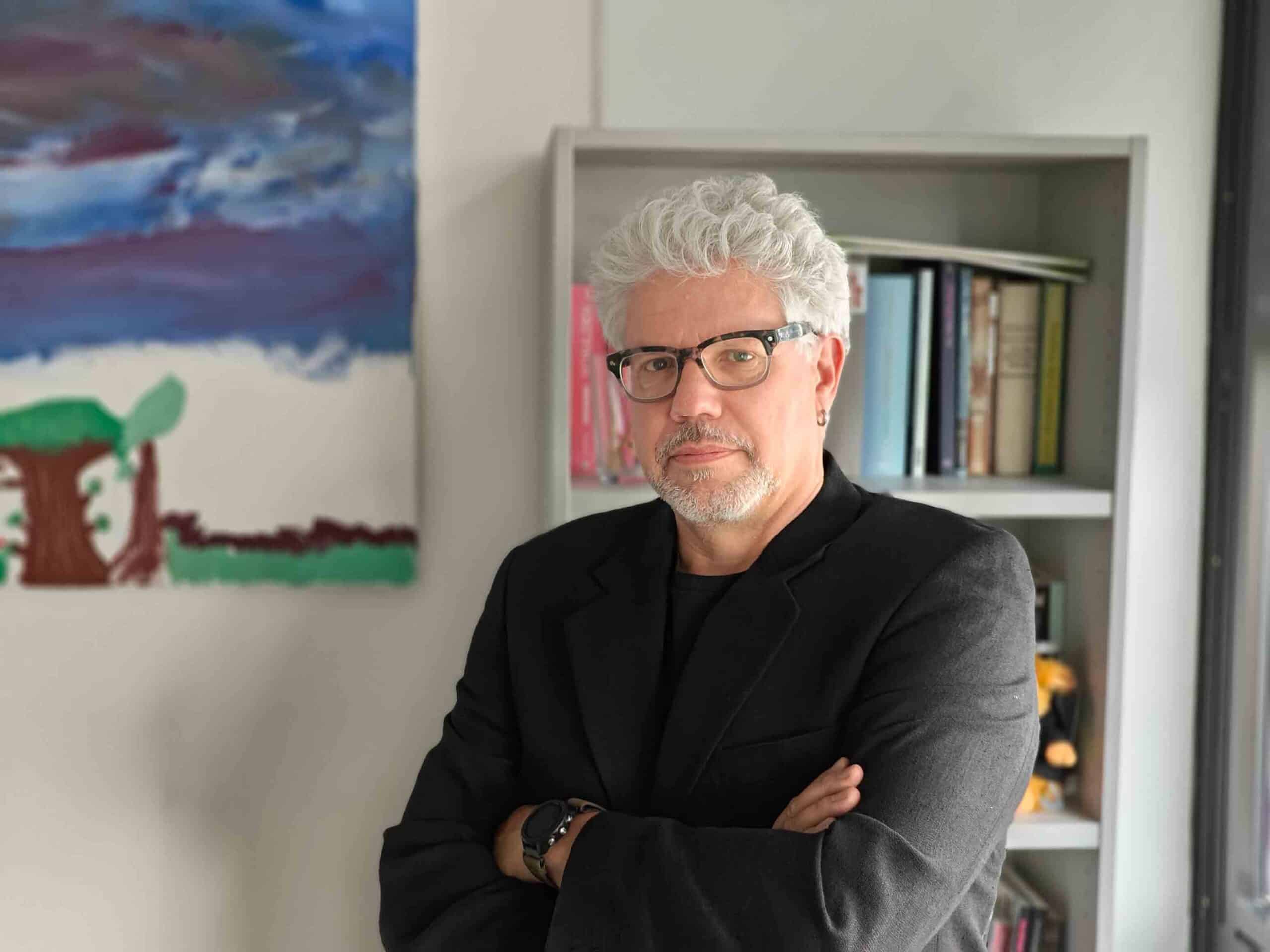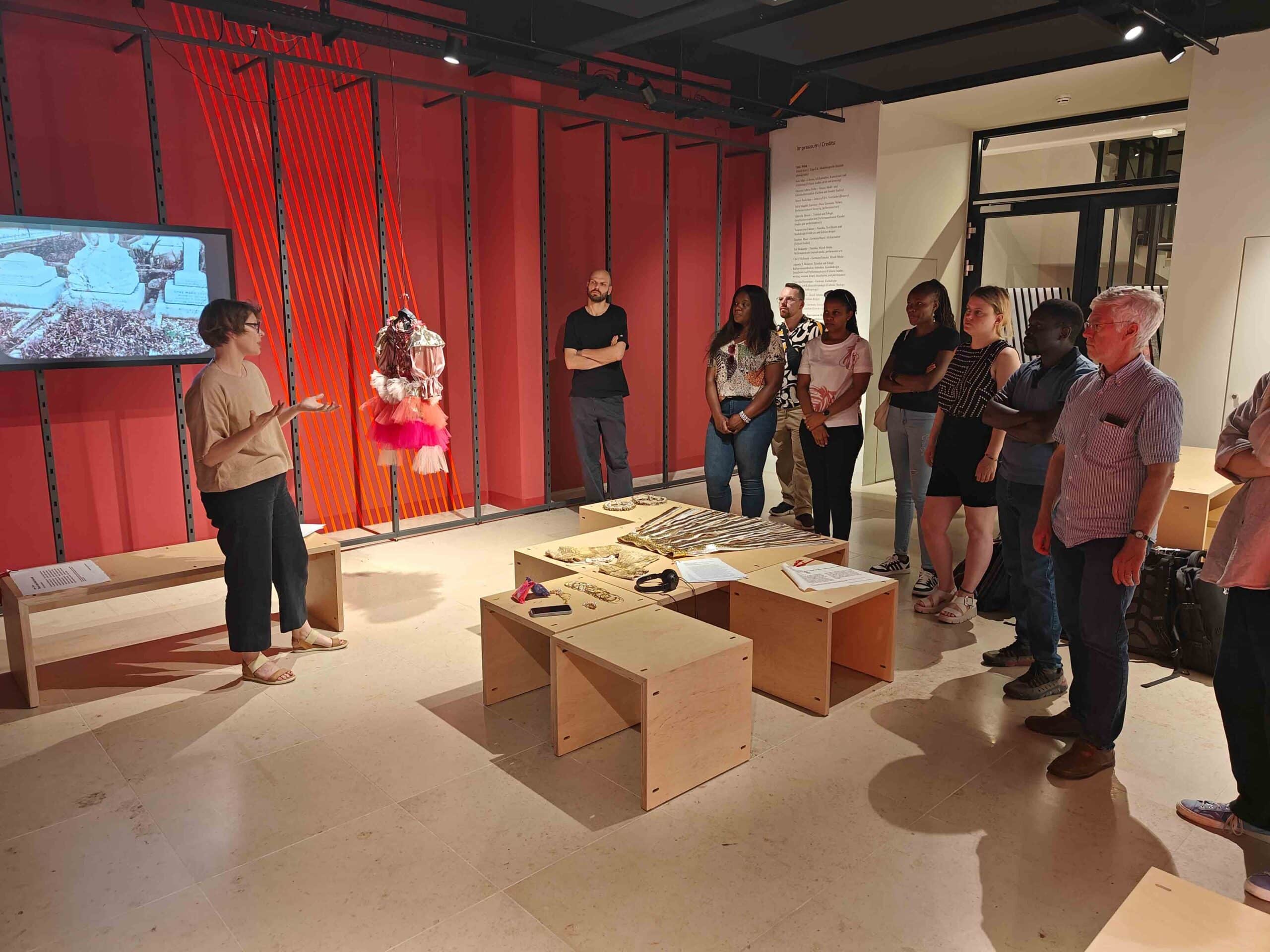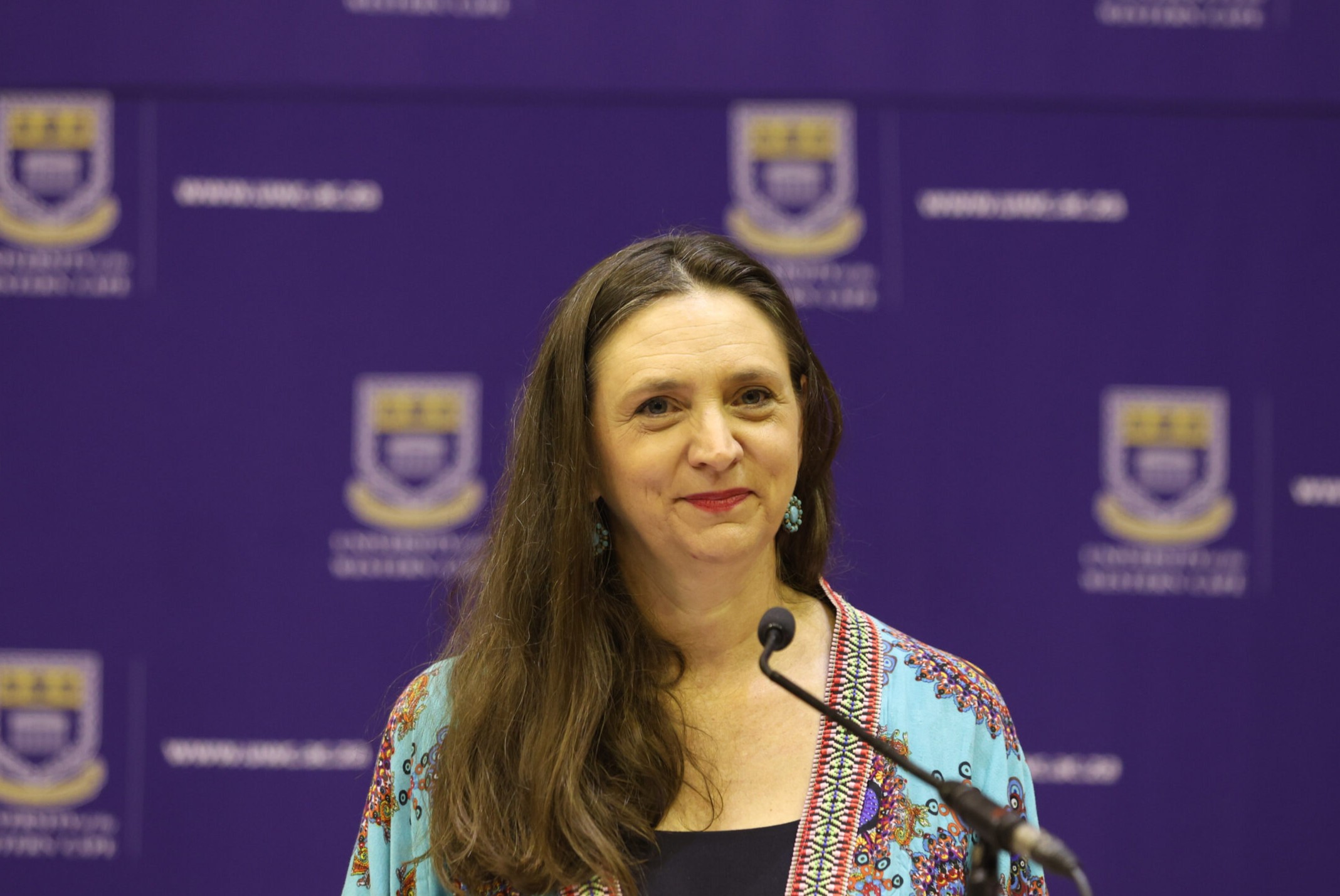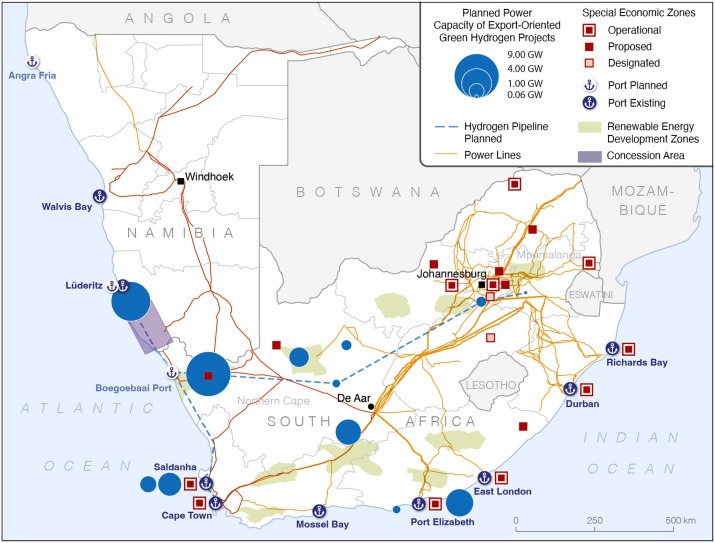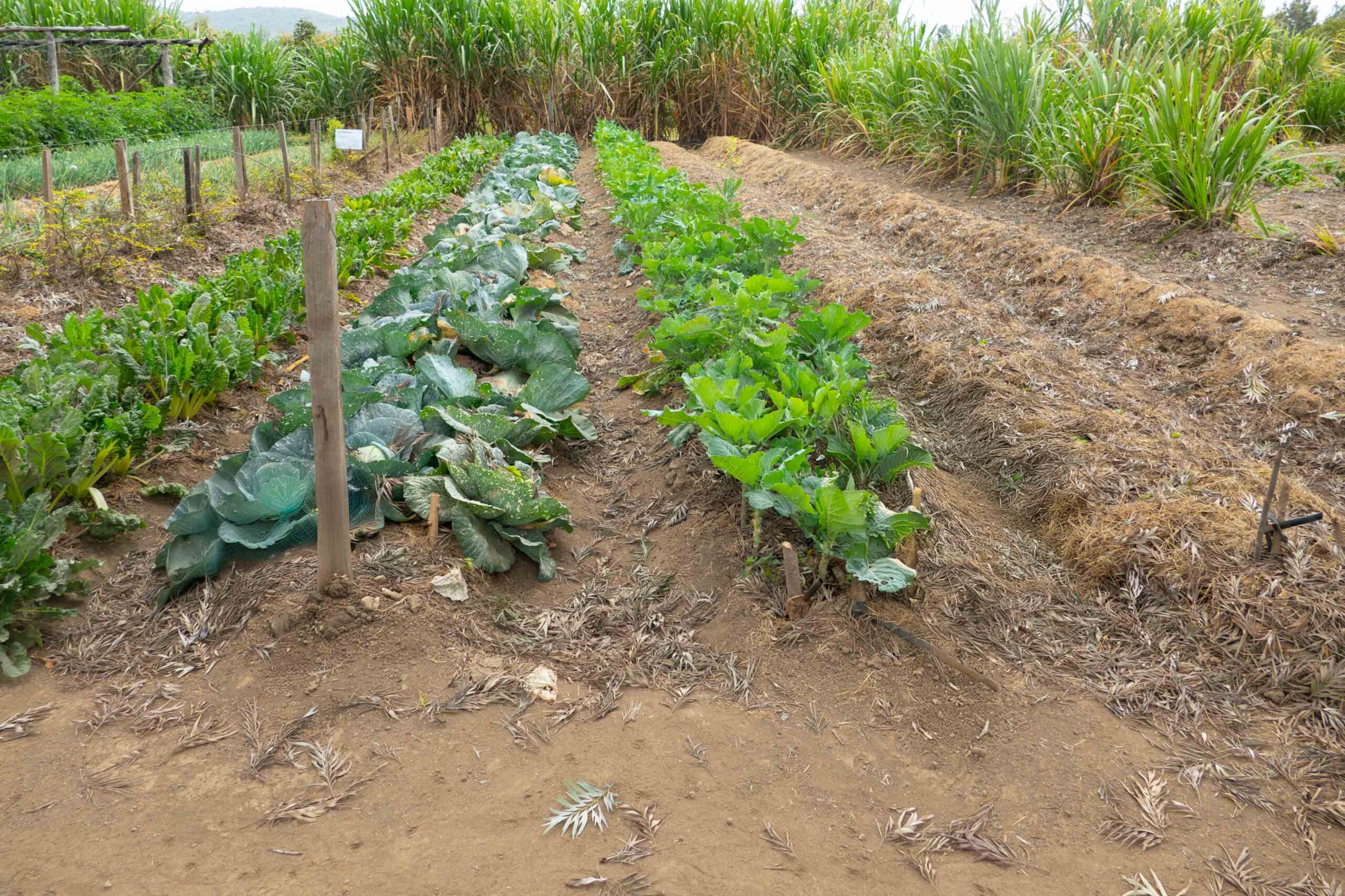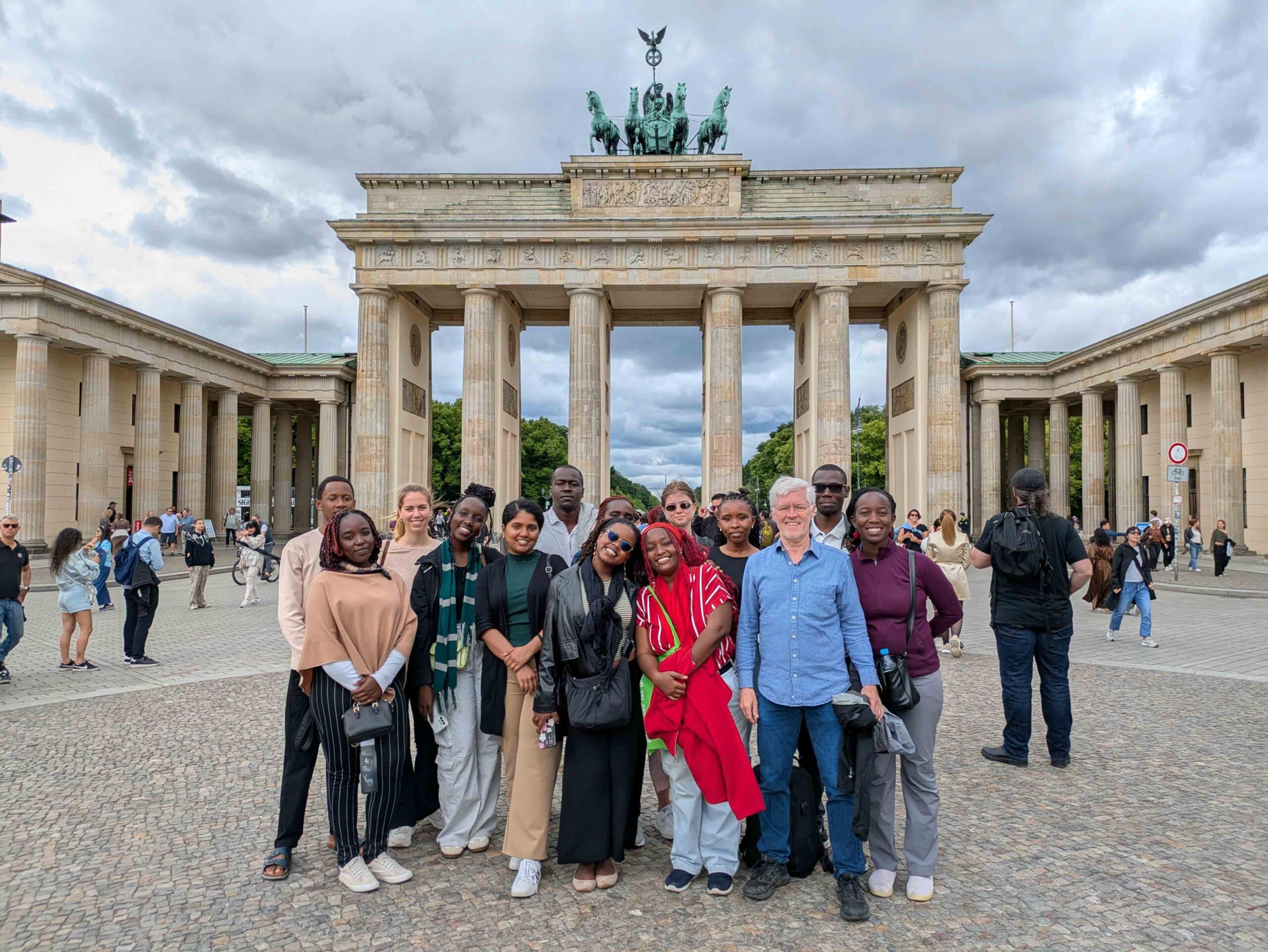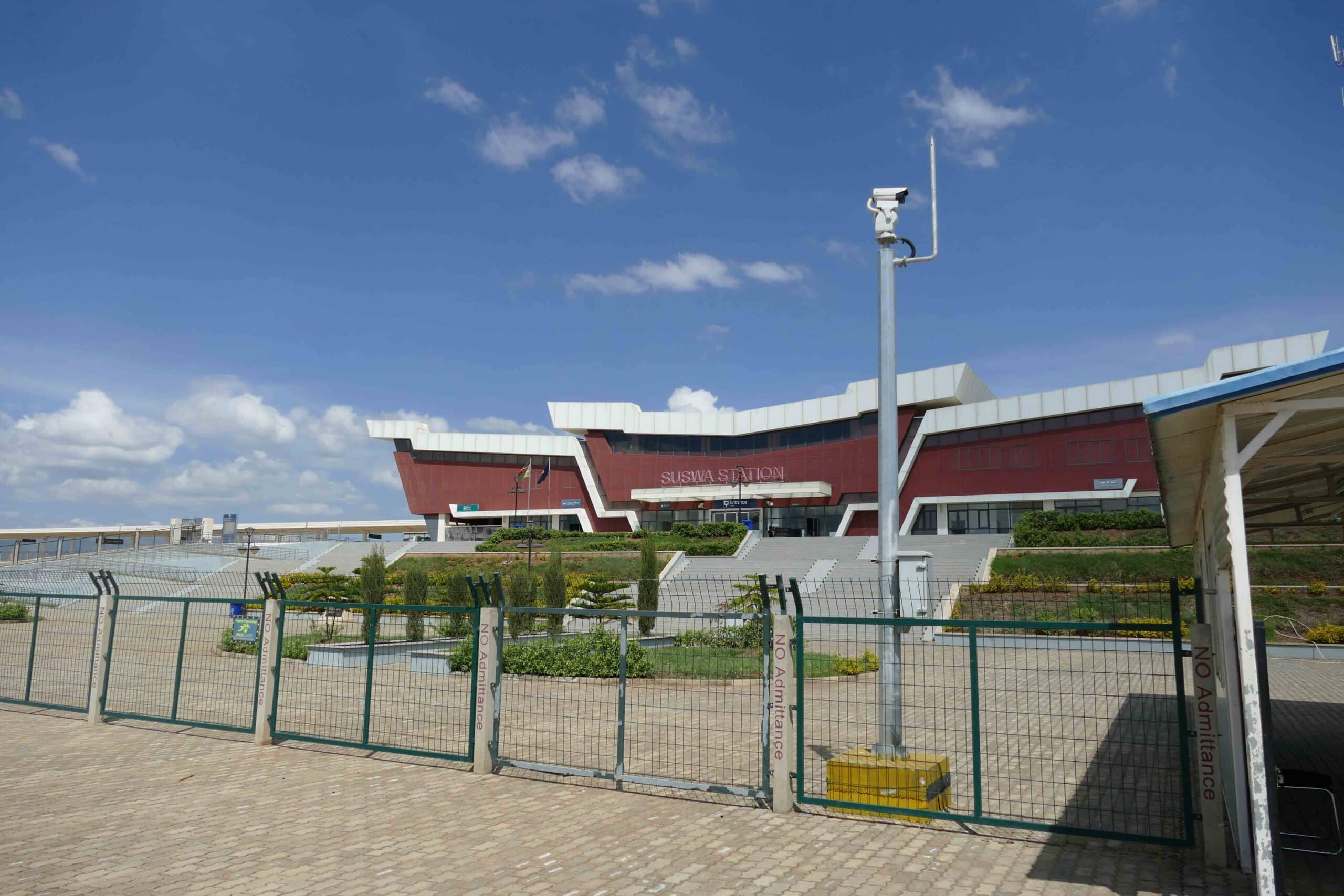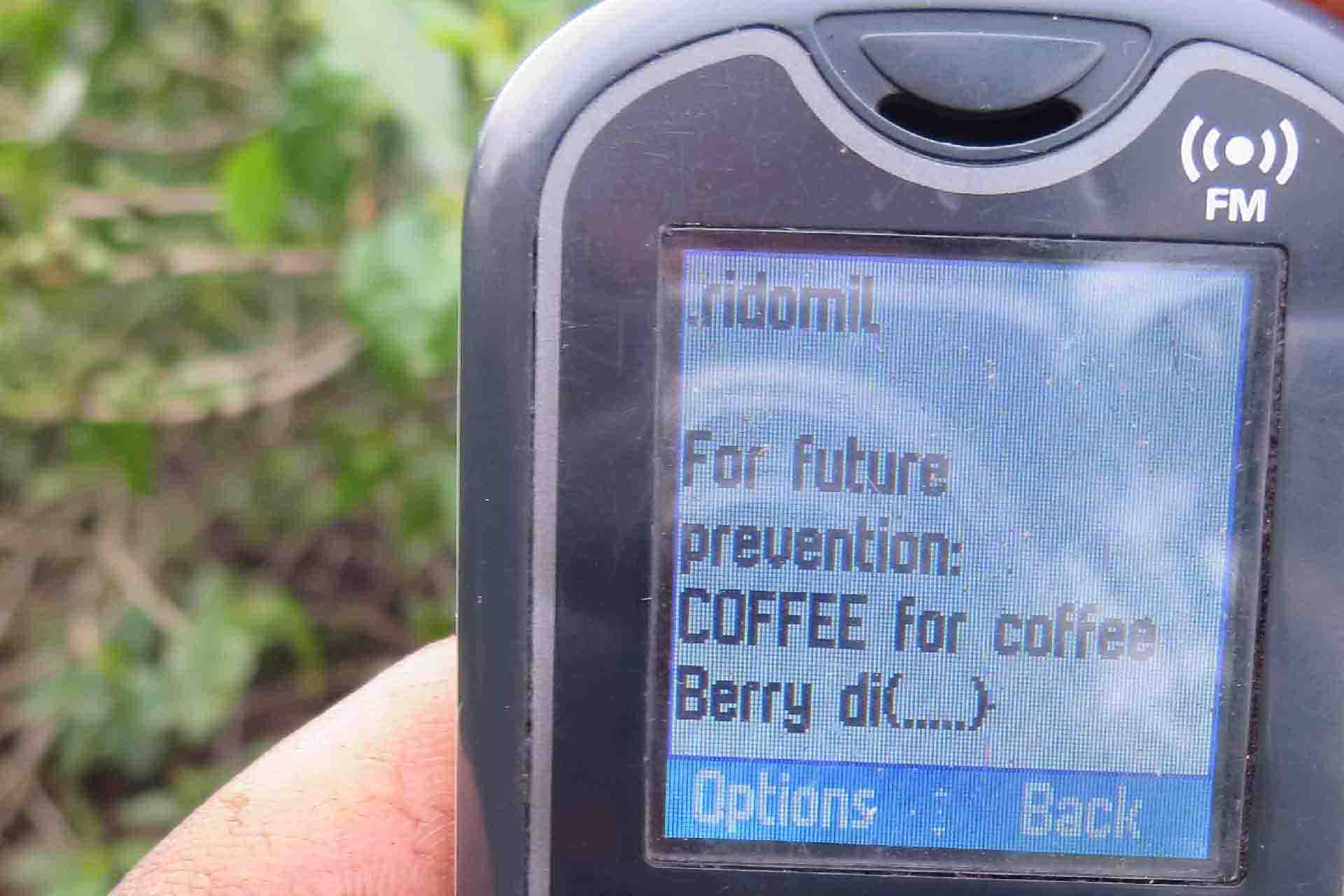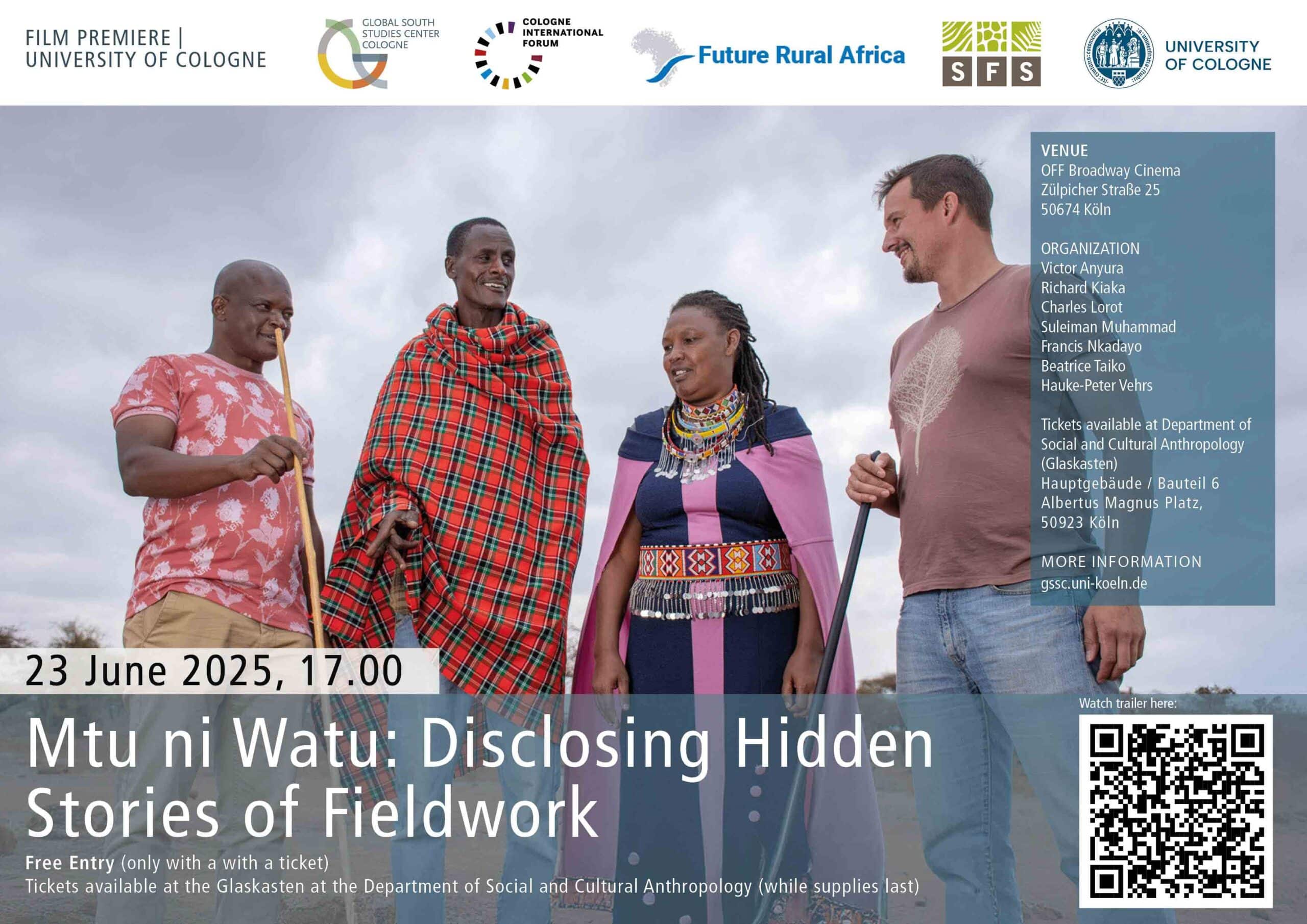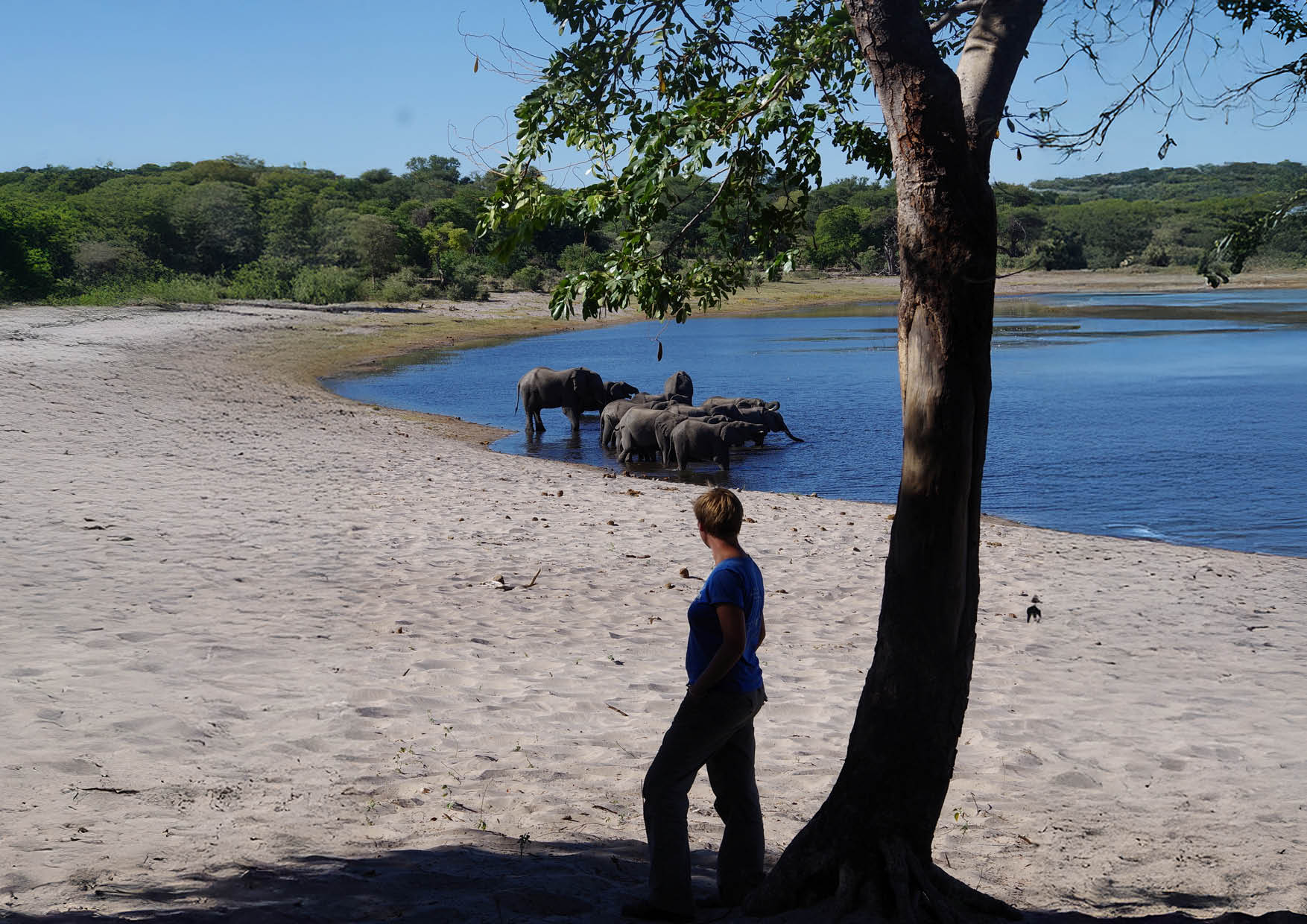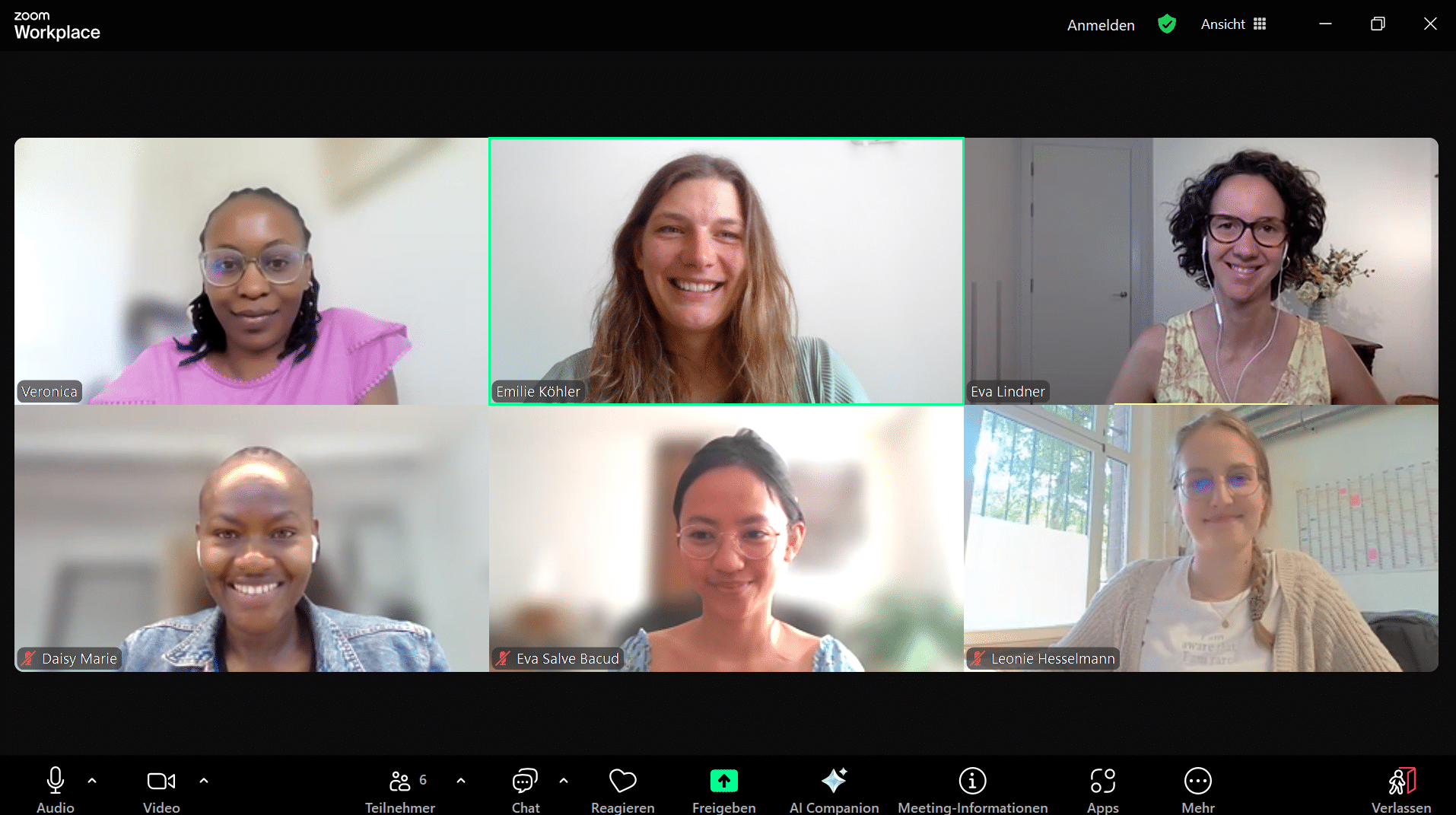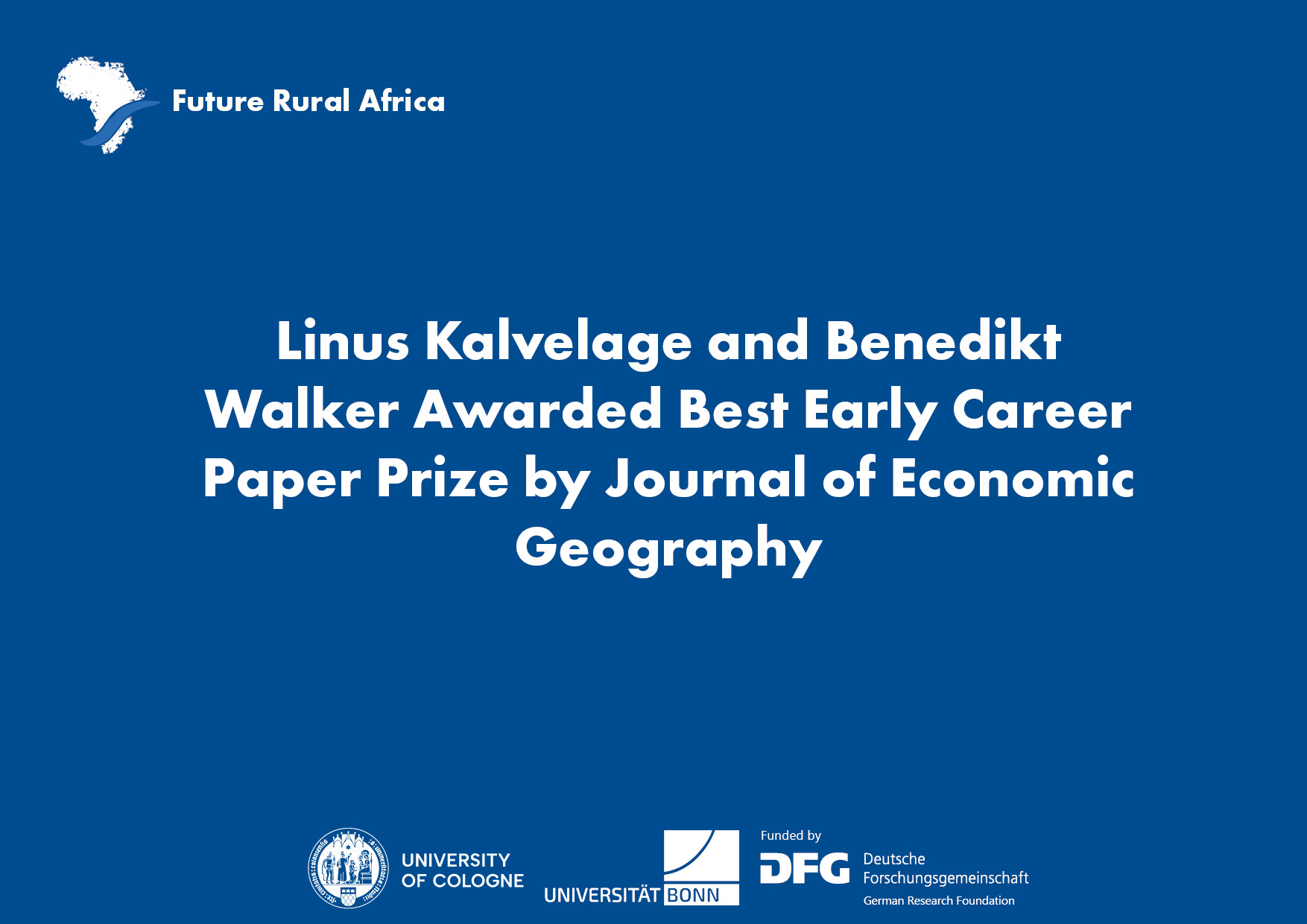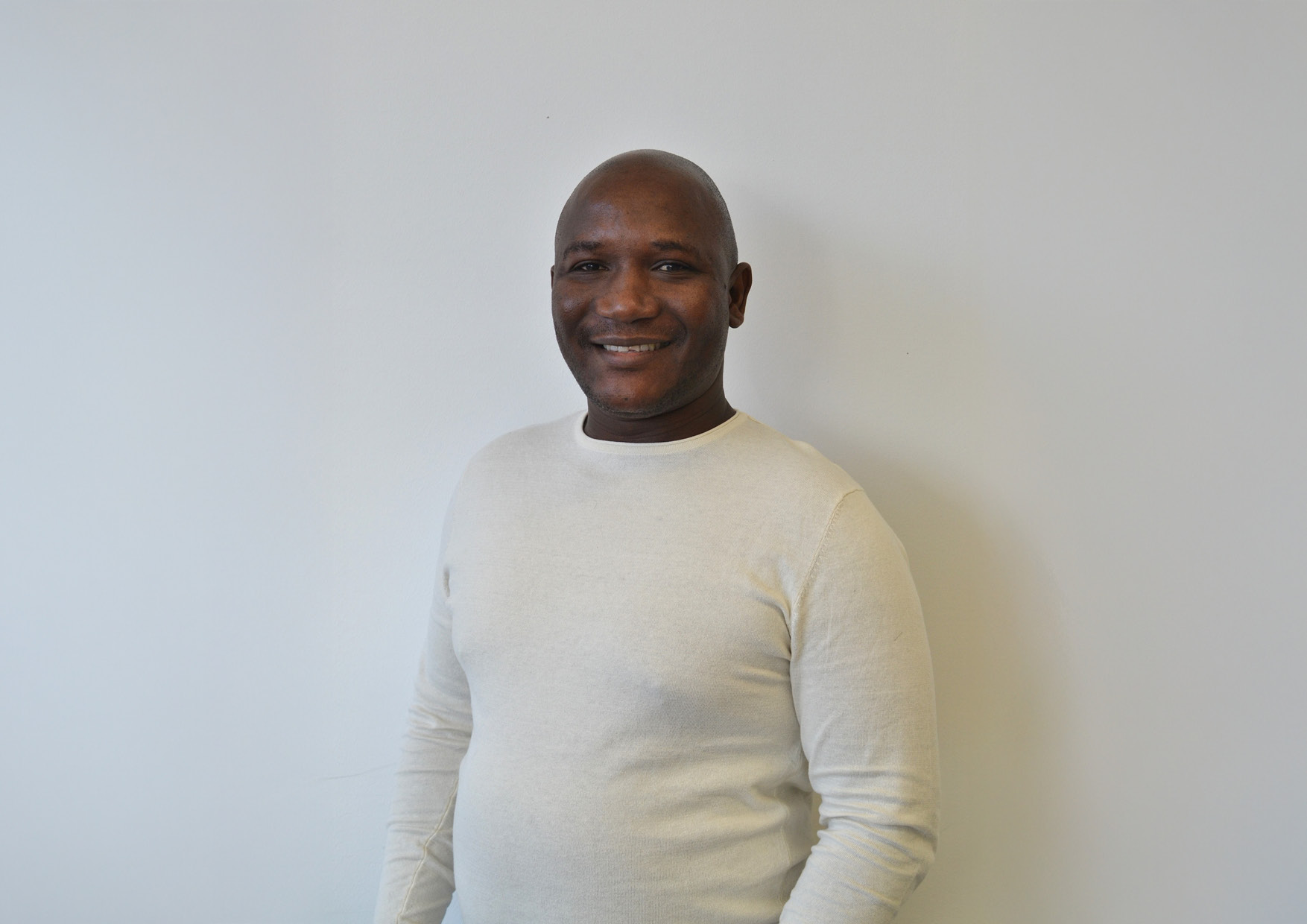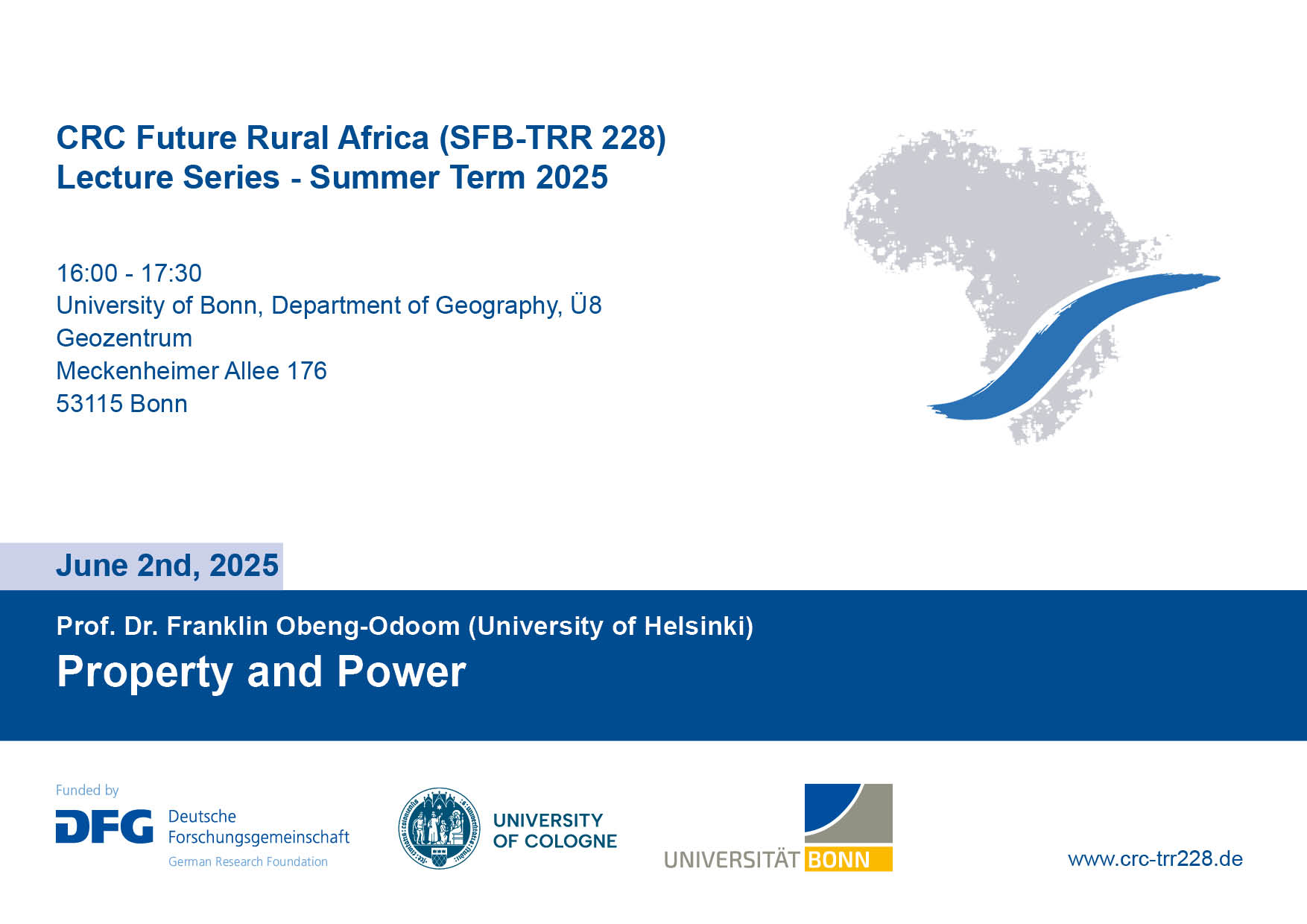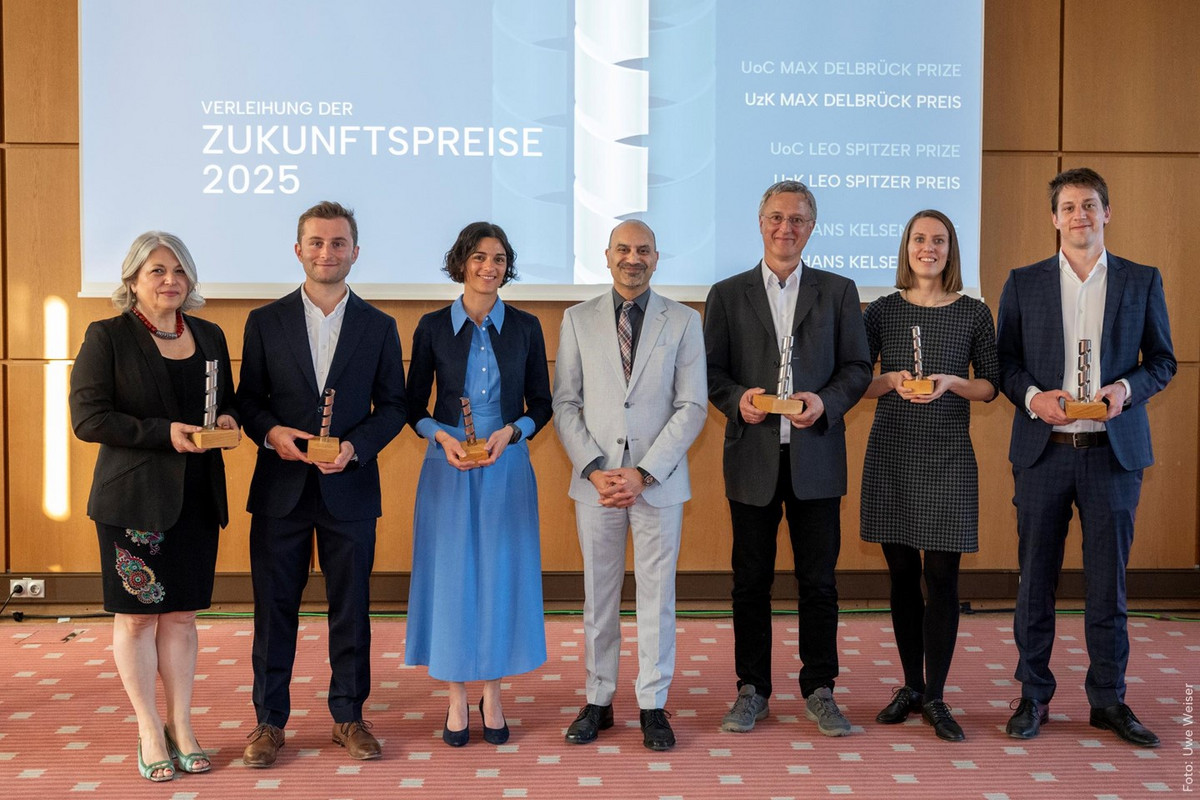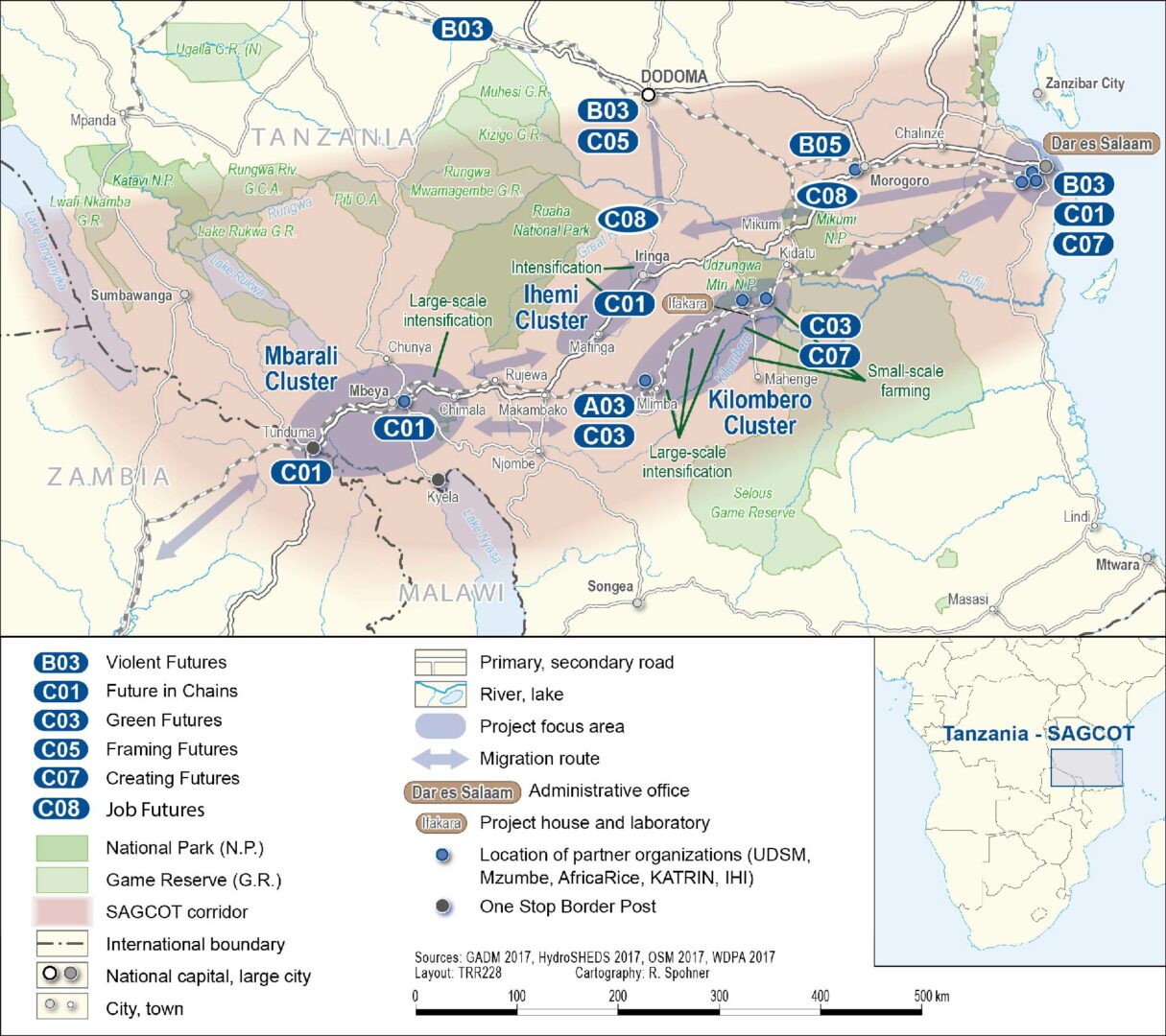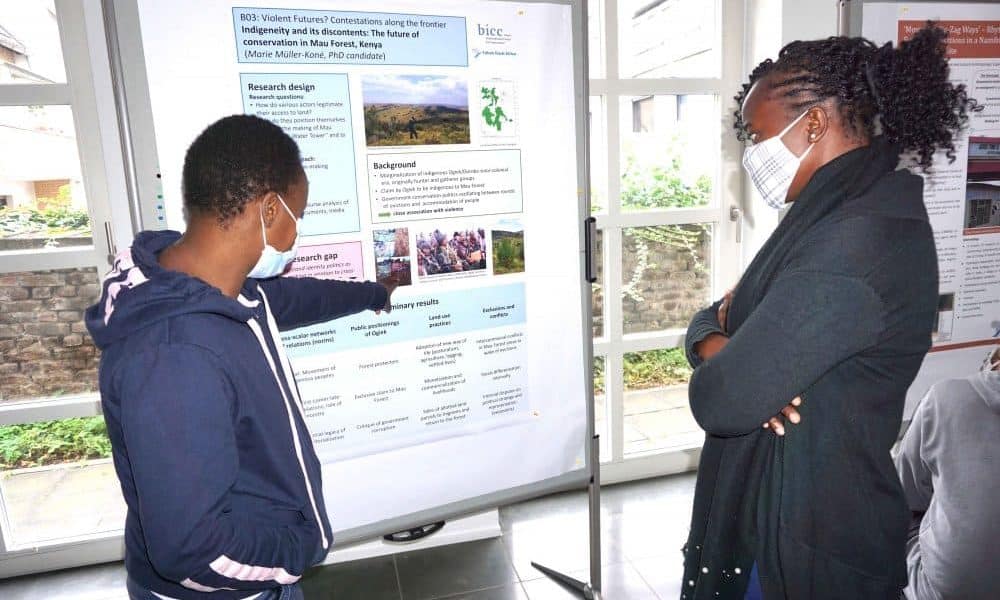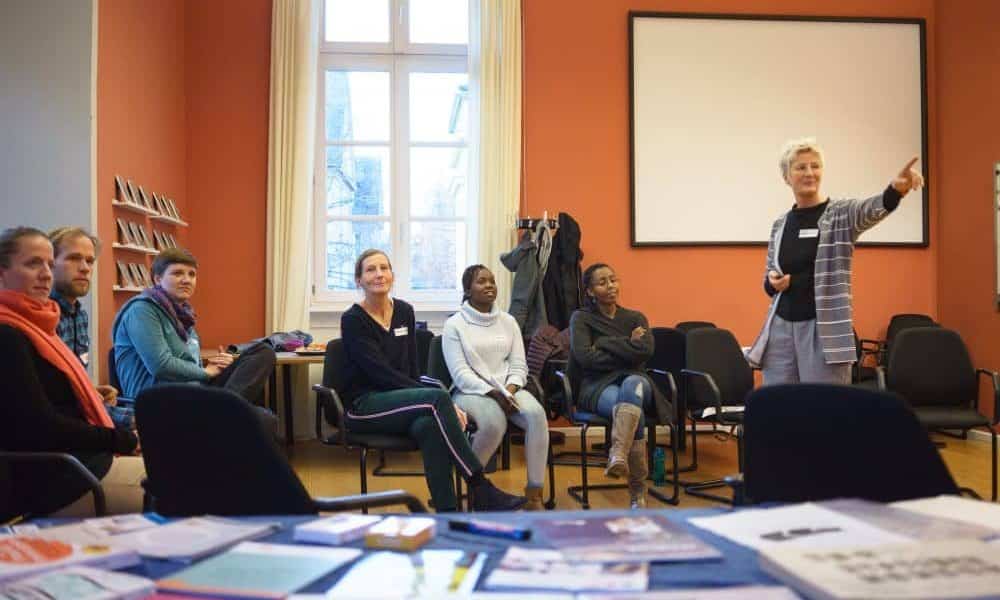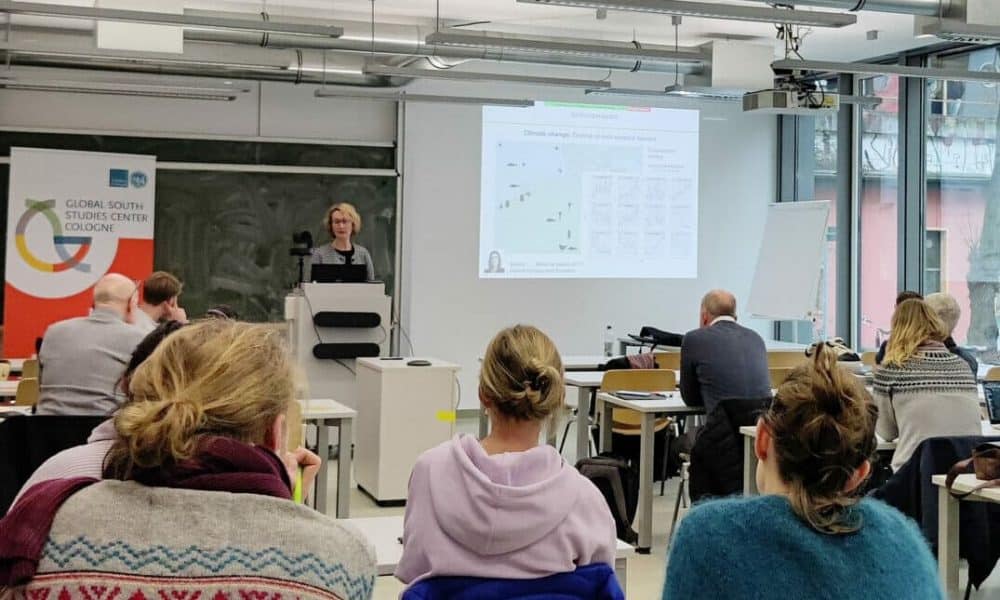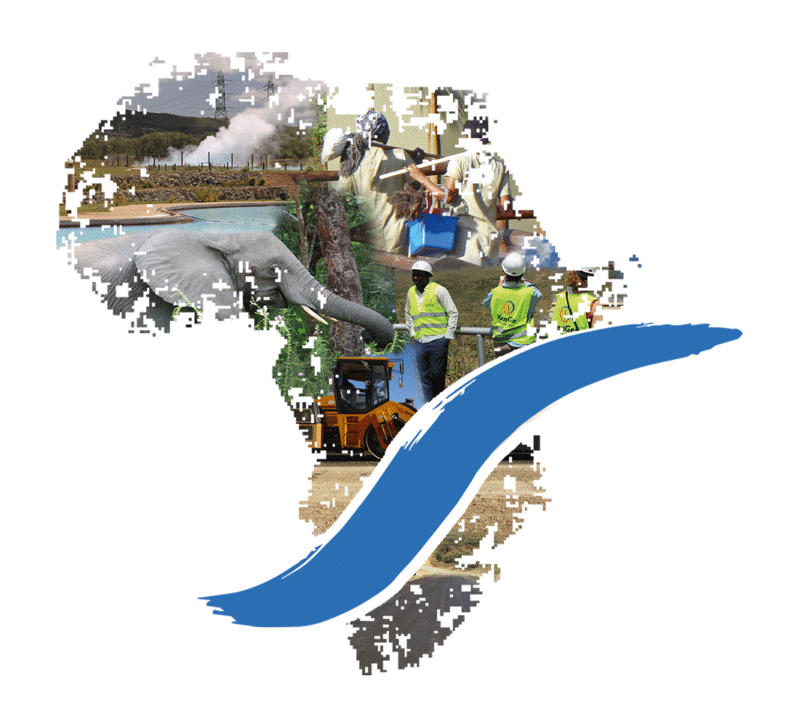
CRC-TRR 228
Envisioning the Future of Rural Africa
Latest News
Clemens Greiner Appointed Extraordinary Professor at the University of the Western Cape
Exploring Decolonial Heritage: A Visit to the Global Heritage Lab
Ruth Hall Appointed Director of PLAAS
Planning the Future: Comparing Green Hydrogen Strategies in Chile, Namibia, and South Africa
Call for Workshop Scholarships: Transdisciplinary RLC Workshop on Rural Development and Smallholder Agriculture
Future Rural Africa Student Exchange Brings Together Young Researchers From Kenya and Germany
Megaprojects and Power Shifts: How Infrastructure Development Threatens Communal Lands in Africa
New Publication: When Smart Plans Meet Hard Work – Digital Infrastructure and Labor in Tanzania
Film Premiere: Mtu ni Watu – Disclosing Hidden Stories of Fieldwork
Was Elefanten mit Kohlenstoff zu schaffen haben, und weshalb uns das betrifft – Essay von Liana Kindermann
Workshop: “Improve Your Visibility – Female Scientists in Social Media”
Award for Outstanding Early Career Research for Linus Kalvelage and Benedikt Walker
Mfundo Mlilo Awarded 2024 Geoforum Best Student Paper Award
CRC-TRR Public Lecture: Franklin Obeng-Odoom (Online)
Thomas Widlok Awarded Leo Spitzer Prize for Academic Excellence
Picture: Nairobi, Kenya © wollwerth, Envato Elements
Our Projects
Exploring Future Making and Social-Ecological Transformation in Rural Africa
The CRC is structured in three project groups, each organized around a bridging concept that addresses specific aspects of SET and future-making. Project group A (‘coupling’) studies the articulation between social and ecological subsystems, B (‘boundaries’) looks at the shifting zones of interaction and confrontation, and C (‘linkages’) explores cross-scalar drivers, connections and causations. Empirical research focusses on development hubs in the Kenyan Rift Valley (KRV), the Southern Agricultural Growth Corridor of Tanzania (SAGCOT), and the Kavango Zambezi Transfrontier Conservation Area (KAZA). The CRC builds upon profound research experience from the applicants and African partners, amplifies the unique combination of expertise at the universities of Bonn and Cologne, fosters partnerships with scholars and scientific institutions in Africa, and aims at making Bonn-Cologne one of the leading centres of innovative research in the emerging field of futures studies and social ecology in Africa.
CRC Events
We host a variety of events
We regularly organise a variety of events bringing together academics, experts, the general public and other stakeholders to discuss the results of research conducted within the CRC. The goal is to to explore innovative approaches to future-making in rural Africa and to address some of the challenges arising in the context of our research. Events include the CRC Public Lecture Series, various exhibitions aimed at transfering our research results to a wider audience and internal events such as summer schools, workshops, booklaunches, research-retreats and more.
Our Partners
CRC Members
Our Team of Experts
We are proud to have a talented and dedicated team of researchers and coordinating staff who are working together to achieve our mission. Our team of researchers is made up of individuals from a wide range of disciplines including geography, anthropology, political science, agroeconomics and soil science. The CRC emphasizes international collaboration and the contributions of team members from our African partner institutions are critical for our success.

